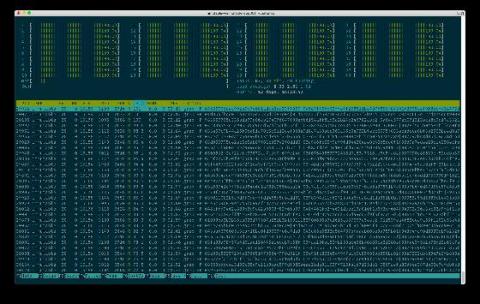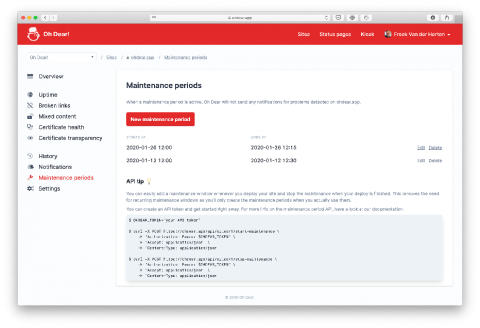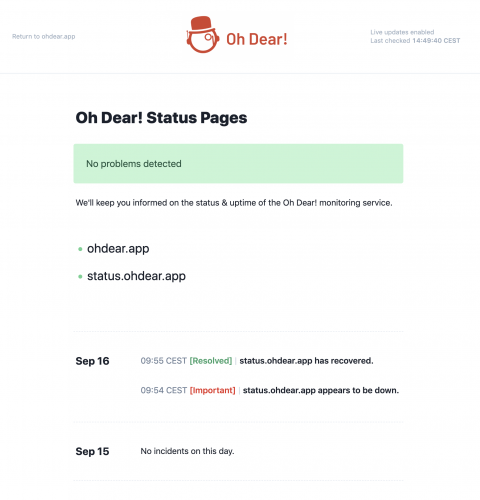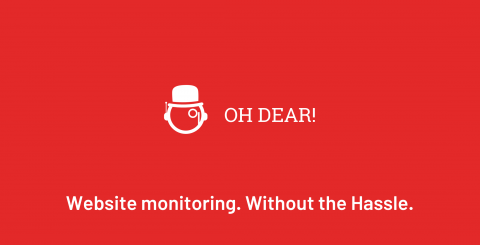How we identified clients with SSL certificates affected by Let's Encrypt mass-revocation
Yesterday, we sent out notifications to all our clients that are affected by the Let's Encrypt mass revocation of SSL certificates. In this post, we'll share the details how we found those certificates. Now, the morning after, we're well rested and in good shape to do a proper write-up on the matter.







